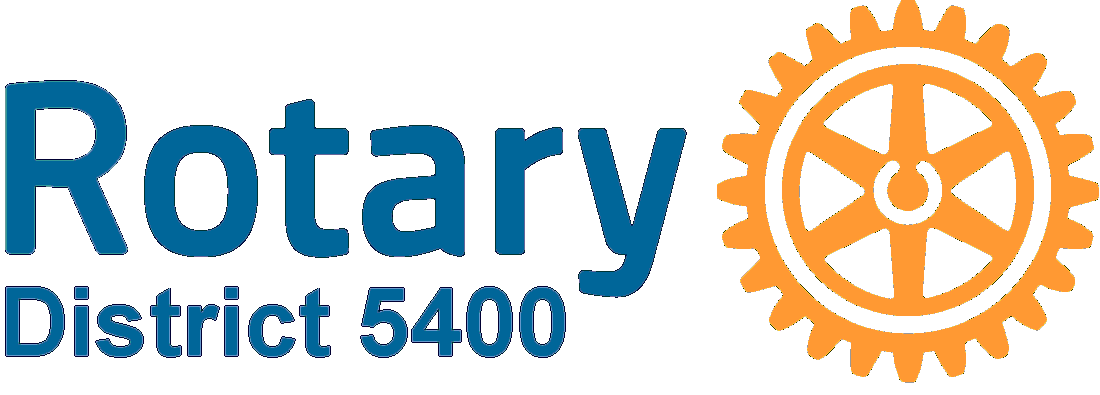
Youth Eco Film Contest
Sponsored by Rotary District 5400
The 2026 Eco Film Contest is open! Local Juniors and Seniors in High school are encouraged to submit a video about regenerative agriculture and/or renewable energy. The winning filmmakers will be awarded cash prizes.
“This is an exciting opportunity for young people who want to make a difference. The contest allows students to highlight a story to inspire environmental action and awareness.”
Linda Engle, Chair of ESAT
3 Opportunities to win
$1,000 for first place
$750 for second place
$500 for third place
How films are judged
1 – Relevance to Eco-Theme
2 – Inspiring and Compelling
3 – Technical Quality
Questions
call or text Liz Alexander
at 208-703-3831
or email
ESATRotary5400@gmail.com.
See Details and Official Rules Below
2026 Contest Details
The Youth Eco Film Contest is sponsored by Rotary District 5400’s Environmental Sustainability Action Team (ESAT), which extends across southern Idaho and into eastern Oregon (Ontario and Baker City). ESAT’s mission is to promote and facilitate stewardship projects and sustainability practices in support of Rotary’s environmental area of focus.
This year’s theme is Regenerative Agriculture and/or Renewable Energy. Regenerative agriculture is a holistic approach to agriculture that focuses on restoring and enhancing the health of the soil, improving biodiversity, and increasing water cycles, going beyond sustainability to actively rebuild degraded ecosystems. Renewable energy is electricity generated from a continuously available source that cannot be exhausted.
Prizes
Cash prizes to be awarded after Earth Day on April 25th in the amounts of: $1,000 for first place, $750 for second place, $500 for third place.
2026 Submission Details:
Criteria
– Open to Juniors and Seniors in High School who live in District 5400 or in Idaho
– Film length to be under 2.5 minutes
– Could be from any point of view or style (ie live action, animation, etc)
– Submit by March 8, 2026
– List sources and credits at the end of the video
Technical Details
– Videos should be horizontal orientation (landscape format, wider than it is tall)
– Aspect ratio of 16:9, but 3:2 will work also
– File types MP3, MOV. (If you are filming in other formats, please convert to MP3 or MOV before submission)
How to Submit
– Describe your film in 1 to 3 sentences and include that in the video description
– Upload your video to YouTube or Vimeo and send the film link and description to: ESATRotary5400@gmail.com
– For help with music or technical questions, contact Kevin Bradshaw at: Contact Kevin Bradshaw
Judging:
1. Relevance to Theme of Regenerative Agriculture and/or Renewable Energy (34 points)
Regenerative agriculture is a holistic approach to agriculture that focuses on restoring and enhancing the health of the soil, improving biodiversity, and increasing water cycles, going beyond sustainability to actively rebuild degraded ecosystems.
Renewable energy is electricity generated from a continuously available source that cannot be exhausted.
2. Inspiring and Compelling (33 points)
Viewers walk away with a clear understanding of the topic and why this is important
The message of the video is easy to understand and shows how the actions and practices link to their benefits.
Video inspires hope
3. Technical Quality (33 points)
Visuals, sound, and editing support the story effectively. Professional-level production is NOT required, but effort and clarity in planning are evident.
2025 Winners
1st Place: $1,000 Sketch Alley Productions
from Idaho Home Learning Academy Boise, ID
2nd Place: $750 One Week Production
from Robert Stuart Middle School Twin Falls, ID
3rd Place: $500 Maliah Clawson
Boise High- Boise, ID
See the winning videos for 2025 & 2024
2024 Winners
1st Place: $1,000: Elizabeth Beutler
Soda Springs, ID
2nd Place: $750: Ella Driever
Boise High- Boise, ID
3rd Place: $500 Maliah Clawson
Boise High- Boise, ID
About Rotary District 5400
Rotary District 5400 is comprised of 40 clubs across southern Idaho and eastern Oregon. The service clubs are part of Rotary International, an organization of 1.4 million people around the world who work together to protect the environment, promote peace, fight disease, provide clean water, sanitation, and hygiene; save mothers and children, support education, and grow local economies.




